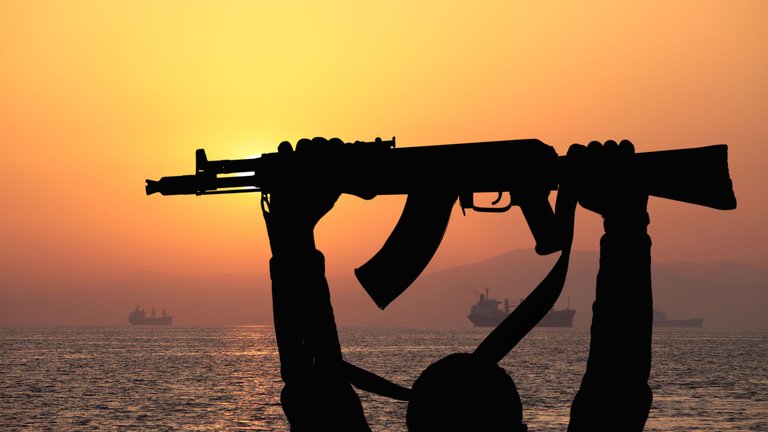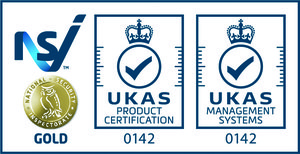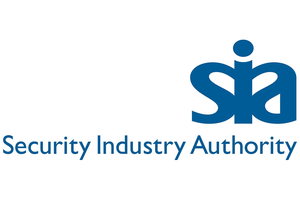In a period marked by political, security, and economic challenges, Somalia has embarked on a path towards stabilisation and regional integration. The election of President Hassan Sheikh Mohamud in May 2022 and the country's subsequent accession to the East African Community (EAC) in December 2023 stand as significant milestones. However, the journey remains fraught with obstacles, including political uncertainties, security sector reform needs, economic hardships, and the persistent threat of al-Shabaab.
Political Landscape and Challenges
Somalia’s political scene has been characterized by tensions and disagreements, particularly in its federal structure. Notably, the semi-independent state of Puntland has shown resistance to national electoral reforms, citing inadequate consultation and asserting its autonomy until the completion of the constitution. This friction exemplifies the larger issue of federal-state relations in Somalia, complicating efforts towards political stability.
The ongoing transition to direct elections presents both an opportunity and a challenge for Somalia's democratic processes. The clan-based system, particularly in Puntland, continues to influence political dynamics, and the move towards a one-person-one-vote system in 2025 will be a crucial test for the country's democratic evolution.
Security Concerns and Al-Shabaab
On the security front, Somalia continues to grapple with the threat of al-Shabaab. Despite significant progress in counter-terrorism operations, including territorial gains against the insurgents, concerns about the government's ability to maintain control and extend its reach persist. The United States, along with other international partners, has played a critical role in supporting the Somali government’s efforts, with measures such as airstrikes and military assistance.
However, the sustainability of these gains is uncertain, especially in light of the upcoming withdrawal of the African Union Transition Mission in Somalia (ATMIS) by the end of 2024. The lifting of the arms embargo on Somalia by the UN Security Council in December 2023 is a significant development, potentially bolstering the nation's capability to counter threats and maintain its sovereignty.
Economic Prospects and Challenges
Economically, Somalia remains heavily reliant on foreign assistance. The country's chronic poverty and weak economic prospects are compounded by high levels of corruption. However, a major step forward came in March 2023 when Somalia reached the completion point of the Heavily Indebted Poor Countries (HIPC) Initiative, leading to substantial debt relief and unlocking new financing opportunities for development.
Joining the EAC presents potential economic benefits but also brings risks given Somalia’s fragile security situation. The EAC membership could enhance Somalia's regional leverage and economic prospects, but realising these benefits will depend on the country's ability to maintain stability and foster robust institutions.
Somalia-Somaliland Dialogue
Another aspect of Somalia’s complex political landscape is the long-standing issue with Somaliland. The resumption of talks between Somalia and Somaliland in December 2023, facilitated by regional and international actors, marks a hopeful step towards resolving this deep-rooted dispute. Focusing on technical issues such as security, trade, and movement, these talks could pave the way for further negotiations and a peaceful resolution.
Conclusion: Navigating a Complex Future
Somalia's path forward is a mosaic of progress and perils. The political, security, and economic challenges are intertwined, each impacting the other. The country's future hinges on effectively navigating these complex challenges, implementing constitutional changes, and leveraging international support and regional engagement. The potential scenarios range from a gradual move towards stabilisation to the risk of protracted violence and instability. As 2024 unfolds, Somalia's trajectory will be a testament to its resilience and the efficacy of both internal reforms and external support.






